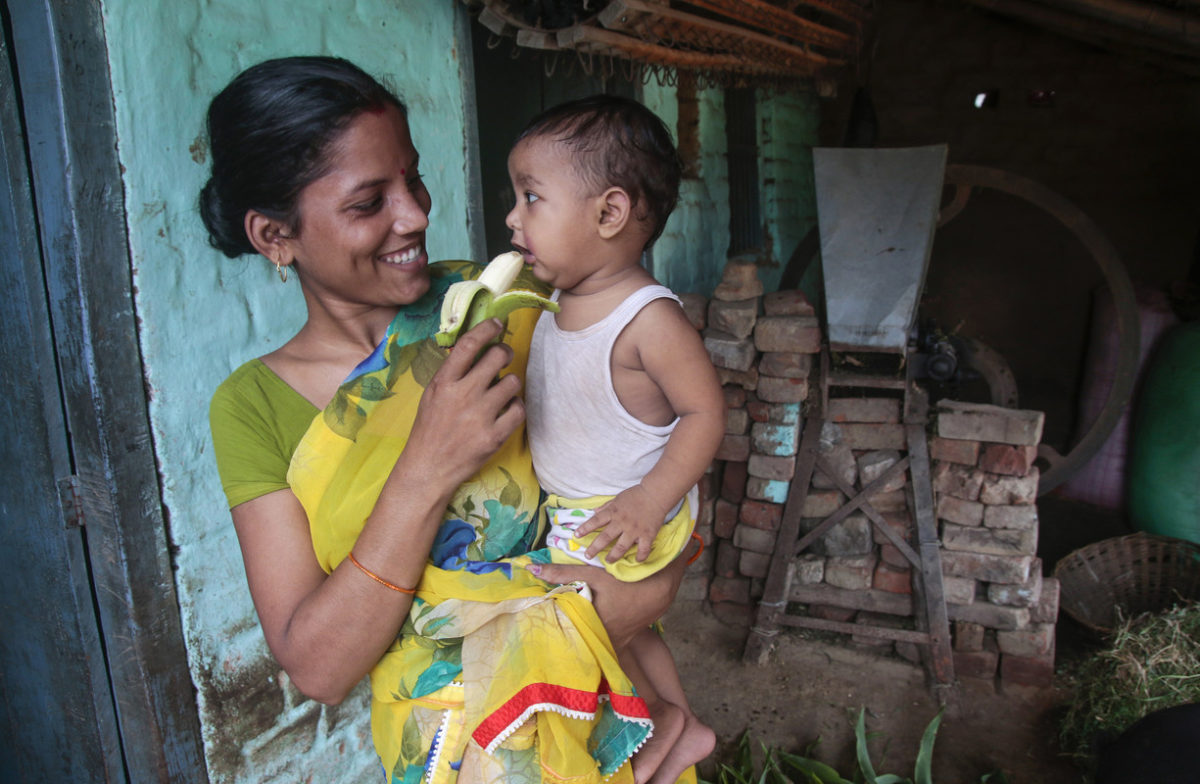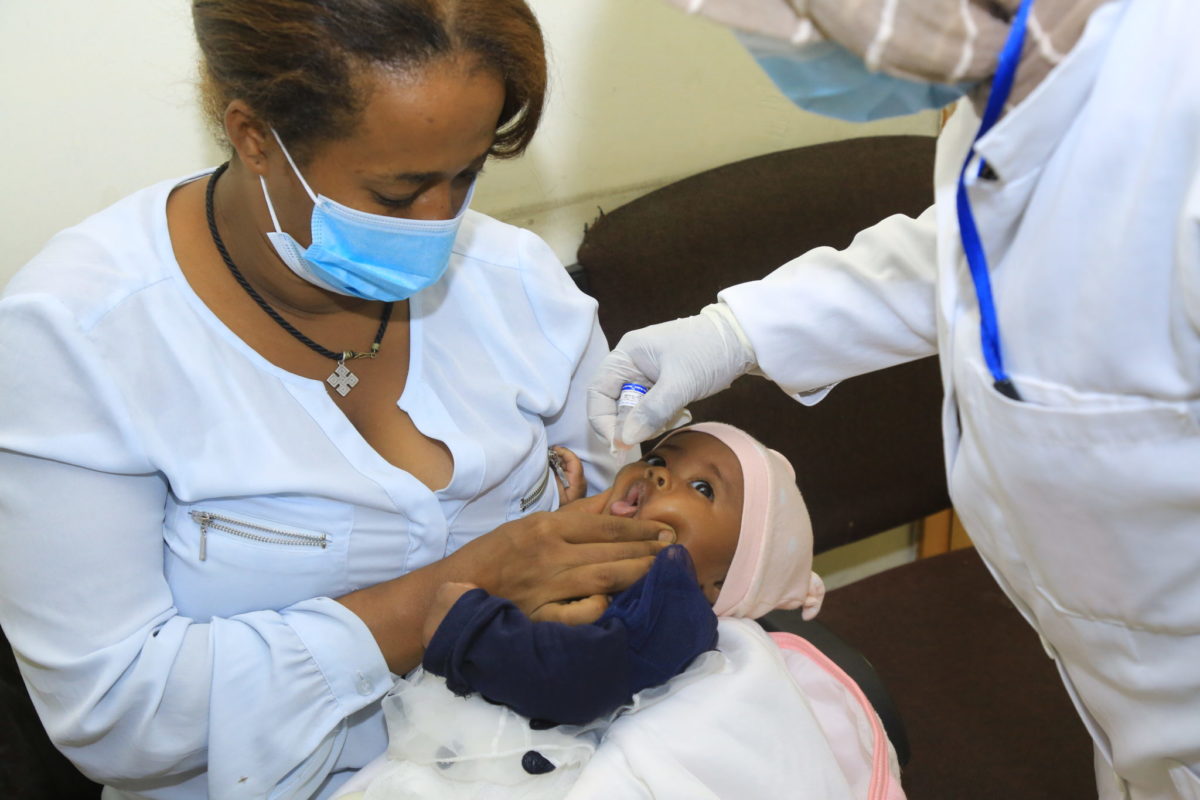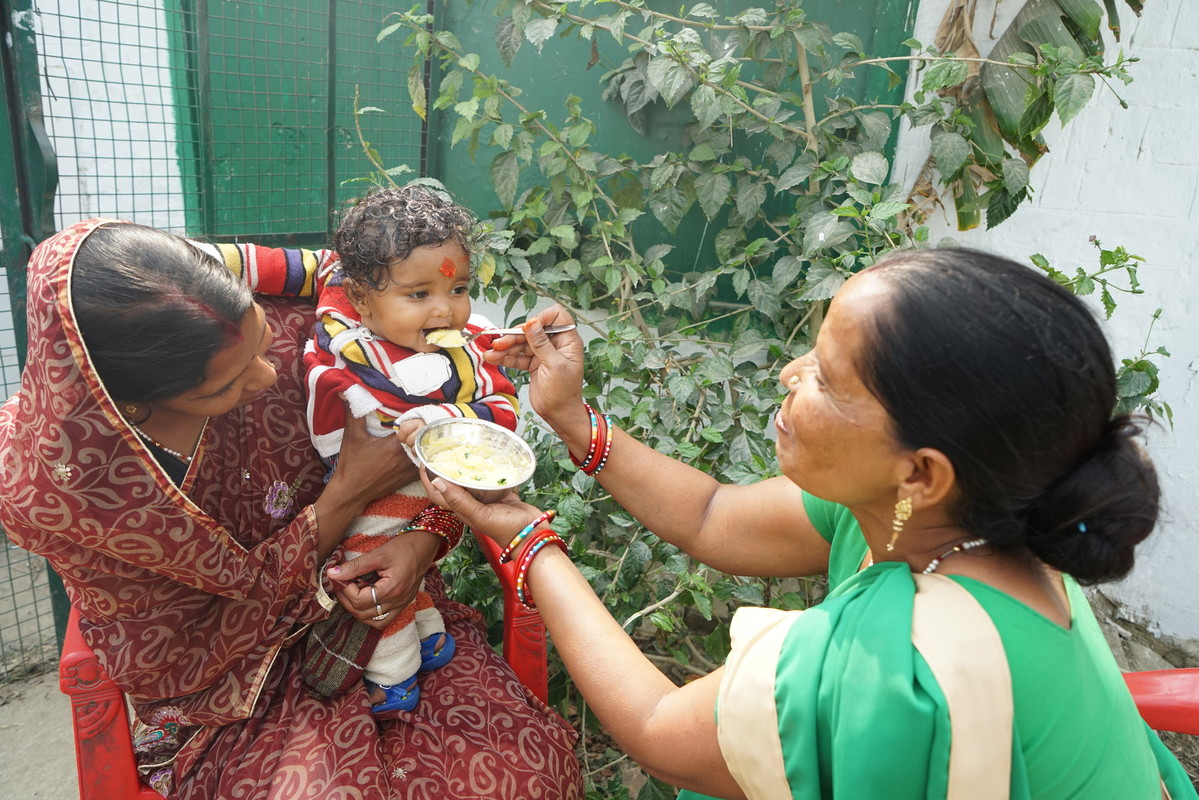Revised WIC Food Package and Improved Child Development
A study published in the January 2021 issue of Pediatrics provides new evidence of the importance of the Special Supplemental Nutrition Program for Women, Infants, and Children (WIC) in improving families’ health and well-being during the first 1,000 days.
Established in the 1970s, WIC provides healthy foods and other services to low-income women, infants, and children up to age 5 years in the United States. In October 2009, the WIC food packages were revised for the first time since the program’s establishment to increase access to healthy foods. This included introducing a $10-per-month voucher for fresh fruits and vegetables and requiring that purchased milk be low-fat and bread be whole grain. While previous studies have found that the revised WIC food packages improved maternal and child diet quality, perinatal and birth outcomes, and breastfeeding practices, the present study was the first to evaluate long-term effects on children’s growth and development.
The study compared measures of growth and socioemotional and cognitive development in children of WIC recipients and nonrecipients during pregnancy before and after the 2009 food package revisions. Examining longitudinal data from Tennessee, the researchers found that children whose mothers received the revised WIC food package during pregnancy had better growth at 12 months and better cognitive development at 24 months than other children in the study. However, there was no relationship between mothers receiving the revised WIC food package in pregnancy and other outcomes, including growth at 24 months or 4-6 years, socioemotional development at 12 or 24 months, or cognitive development at 4-6 years – perhaps due to limitations of the study. The authors suggest that improved maternal nutrition during pregnancy could have long-lasting effects on the health and development of children through a process known as “fetal programming.”
In the future, more substantial updates to the WIC food package could be a useful strategy to reduce health disparities and ensure that all women and children have a healthy first 1,000 days. In January 2017, the National Academies of Sciences, Engineering, and Medicine (NASEM) completed its most recent review of the WIC food packages. NASEM recommended numerous updates to the variety, quality, and value of WIC-approved foods, such as increasing the amount of the voucher for fruit and vegetable purchases and offering options that meet cultural preferences and special dietary needs. Additionally, for the first time ever the 2020-2025 Dietary Guidelines for Americans included recommendations for pregnant and breastfeeding women, infants, and toddlers. 1,000 Days calls on USDA to continue improving the nutrition and health of WIC participants by updating the WIC food packages consistent with the 2017 NASEM recommendations and the 2020 Dietary Guidelines.






